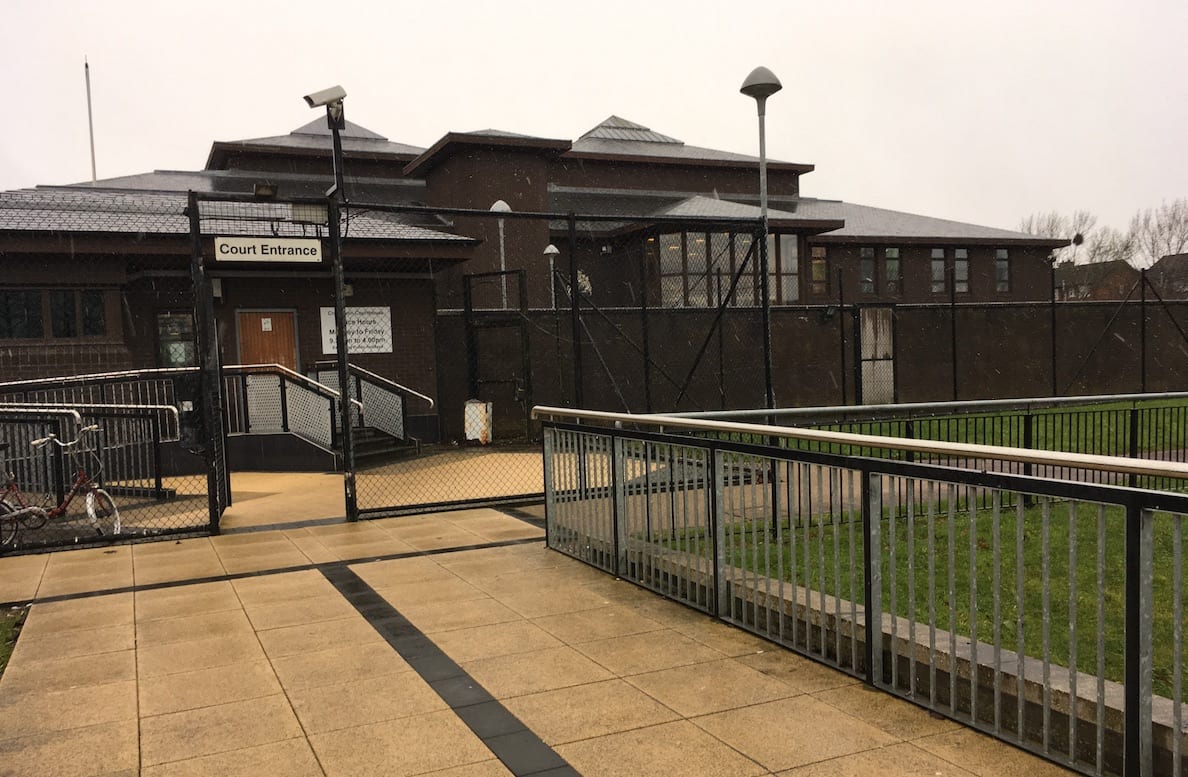
The Public Prosecution Service has again refused to send a case involving alleged sexual offending to a higher court following a review which was carried out after a judge voiced strong concerns over sentencing powers in the event of a conviction.
It’s the latest in a number of such cases in different courts which were reviewed when sent back to the PPS for reconsideration at the request of judges – none of which resulted in a change of position.
The latest matter relates to Neil Hull (42) of Orient Circle, Lurgan who denies sexually assaulting two children on May 20.
His case is currently before Craigavon Magistrates’ Court where District Judge Bernie Kelly drew attention to the age difference between Hull and the complainants and expressed concern at insufficient sentencing powers in the event of conviction,
She said: “The court’s hands are tied. The decision to prosecute is solely down to the PPS. I have a case of a man who allegedly sexually touched a child… and the PPS consider that appropriate for the magistrates court?”
Noting the maximum sentence on conviction would be six months imprisonment and sending the case back to the PPS for review, Judge Kelly added: “This is not a suitable case for magistrates court in my opinion.”
As in the previous instances the PPS was contacted and it was also pointed out this is occurring more frequently and all such appear to involve an element of sexual offending.
With such matters particularly difficult for victims – especially children – alongside the significant and long term impacts caused by such offending, the PPS was asked if this is taken into consideration?
Also what cognisance is taken of the concerns expressed by judges in these circumstances?
A PPS spokesperson replied: “Where a District Judge expresses a view that a hybrid case should be prosecuted in the crown court, the PPS will carefully consider the facts and circumstances that led to the original decision as to court venue.
“A prosecutor’s decision is informed by a range of factors relating to the circumstances of the offending, including the age and vulnerabilities of the victim, the level of harm caused and whether the sentencing powers in the magistrates’ court are considered to be sufficient. In making this assessment regard will be had to any relevant sentencing guidelines issued by the Office of the Lady Chief Justice and arising from guideline caselaw authorities.
“This particular case has been reviewed at a senior level in the PPS and we are satisfied that the magistrates’ court is the appropriate venue as we consider the sentencing powers available to the District Judge are sufficient.
“The PPS has respect and regard for any view expressed by a District Judge on our decision-making processes. We will always seek to prosecute in a robust, effective way which will see justice properly served.
“We take the prosecution of sexual offences very seriously and recognise the deep distress these offences have on victims, particularly when the offending involves a child or young person. Where a sexual offence can be dealt with in either the crown court or magistrates’ court, decisions as to the appropriate court venue are solely for the PPS. The legislation provides for such cases to be tried in the Magistrates Court and we consider each case individually and fully in line with the Code for Prosecutors. Sentencing in individual cases is a matter for the judiciary, acting independently of PPS. Any amendment to the law to make a hybrid offence indictable only or to change the maximum sentence that can be imposed would be a matter for the legislature.”





